Karen Tay, Singapore's Smart Nation director, was recently in Washington D.C. to run a workshop for the World Bank on how to develop “smart cities." She says: “'Smart cities' is honestly a buzzword... when I get invited to speak, most people expect me to start with cool tech like AR, VR, AI, modeling and simulation, blockchain and the like. The fact is that cities are complex ecosystems with very established ways of operating. If we want to disrupt them with technology in a way that benefits the masses (i.e. not just the upper middle class), we need dedicated work from the ground-up, coupled with political commitment." Karen Tay's five tips for smart city efforts come from conversations and projects with smart city leaders around the world.






 Your new post is loading...
Your new post is loading...
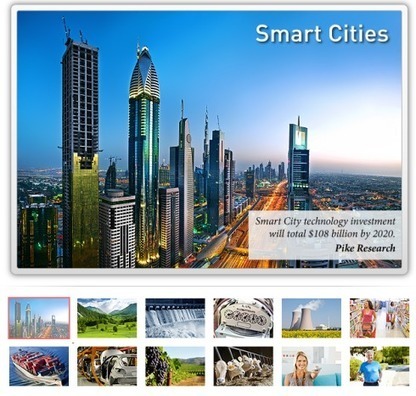



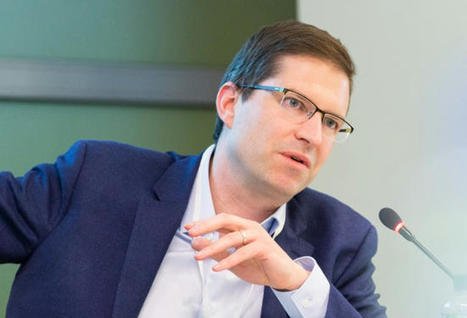
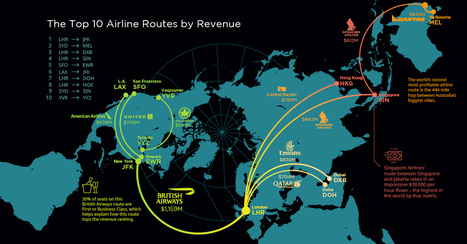


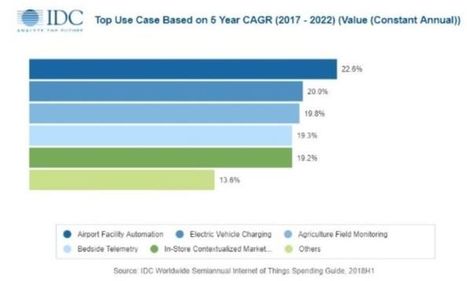
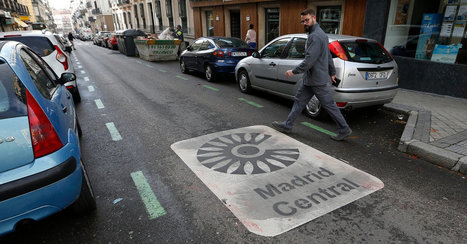
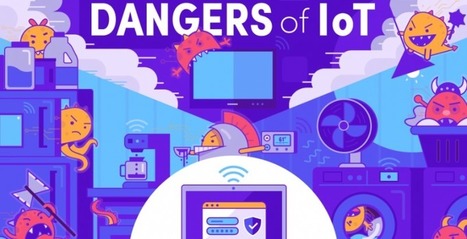




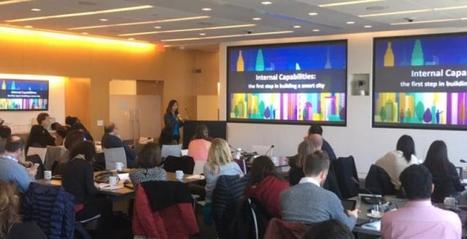
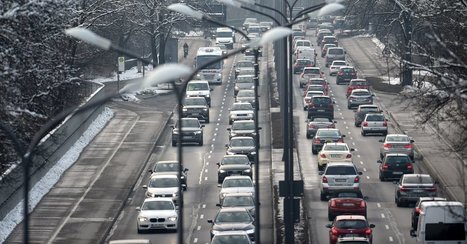



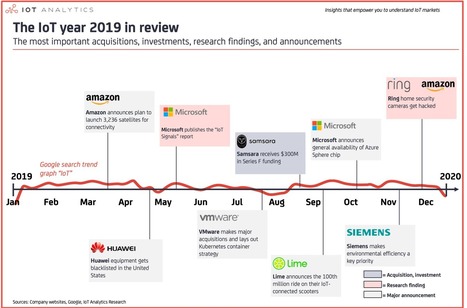
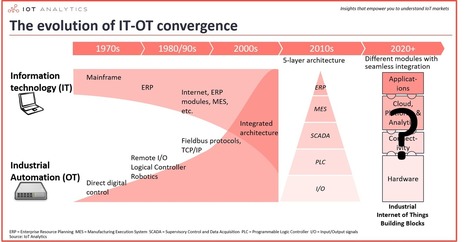

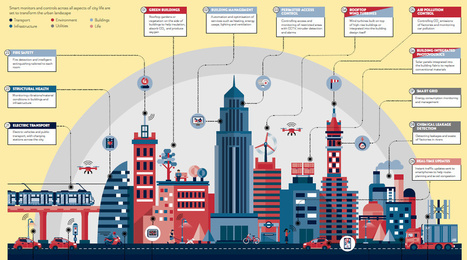


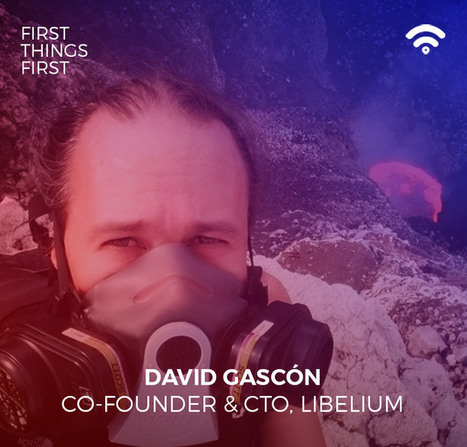





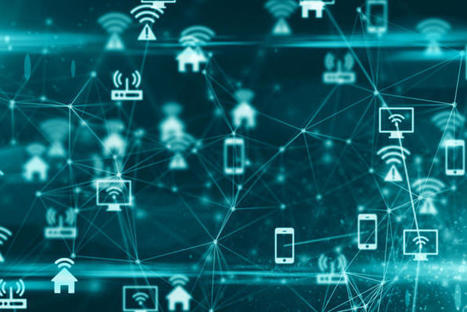





The White House initiative is bringing New York City, Tampa and Wyoming into the effort to build up an Internet of Things as well. As part of the campaign, the U.S. Department of Transportation is spending $42 million to implement pilot projects in those three jurisdictions that will establish data-sharing connections between vehicles and infrastructure. In Tampa, that will mean sending information about rush-hour traffic to pedestrians’ smartphones. In Wyoming, the state will monitor trucking corridors. And in New York, the city will establish links between 10,000 municipal vehicles, as well as traffic signals and roadside units.